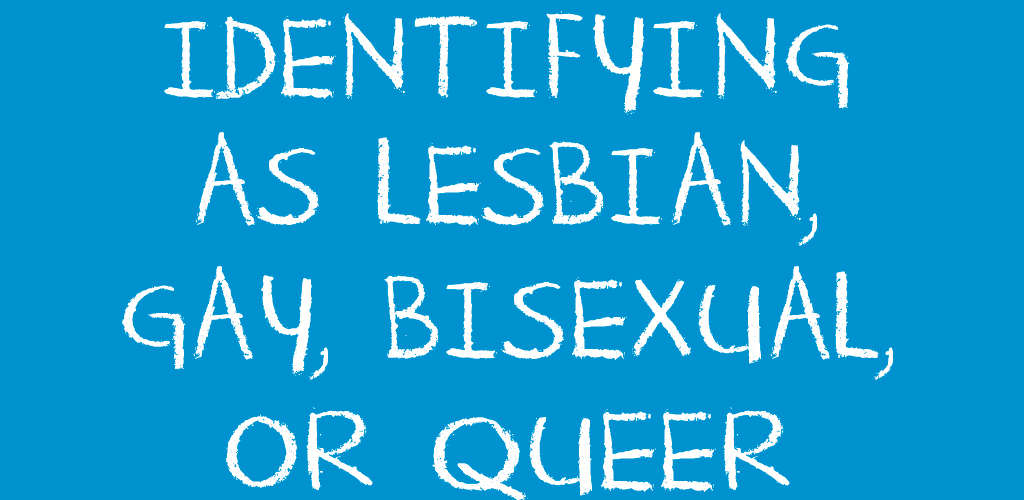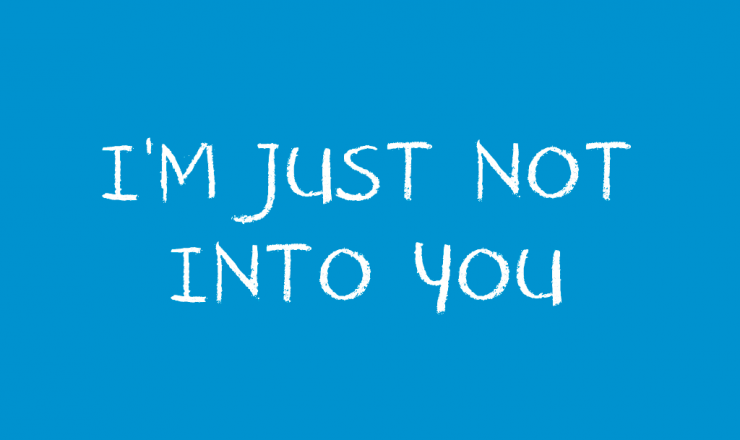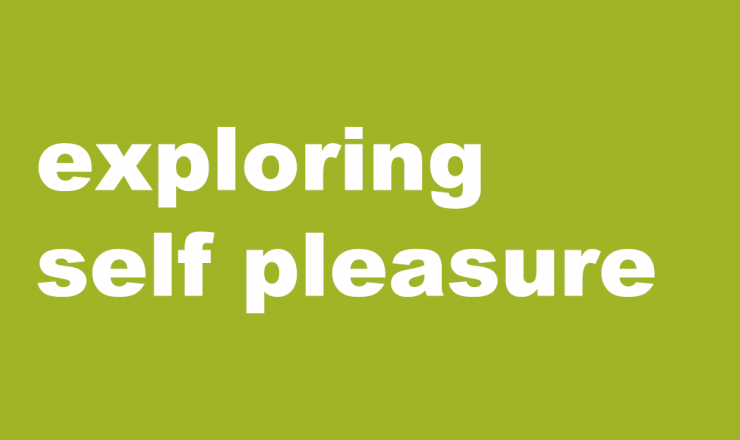Identifying as Lesbian, Gay, Bisexual or Queer (LGBQ)
Wouldn’t it be awesome if identifying as LGBQ only impacted who you chose to love, marry, date, or have sex with? Unfortunately, this is not the case. The world we live in does not always accept sexualities that don’t fit into the mainstream and most people assume that everyone is (or should be) straight.
If you are an LGBQ teen, you may feel different from your straight friends, especially when they talk about romantic feelings, dating, and sex. You may feel like you have to pretend in order to fit in. You may feel you need to deny or hide who you are. Or you may feel supported and able to be yourself. Everyone’s situation is unique.
This page provides some useful information that may help if you identify as lesbian, gay, bisexual or queer. For more information on identifying as a trans person, check out Identifying as Trans.
I’m an LGBQ teen. How will people treat me?
- It depends on the person. Some people are totally comfortable with different sexualities.
- Unfortunately, in our society, LGBQ youth (or those perceived as LGBQ) are often treated differently and may be discriminated against.
- You may be called names that put down your sexuality or you may experience violence from peers and adults because of homophobia or biphobia.
- Some people may think your relationships are not real or don’t count.
- These struggles are not experienced by every LGBQ teen.
| Useful Tips |
|
Will it be hard for me to cope with being LGBQ?
- How you cope with being LGBQ depends on many factors such as your personality, where you live, the support of your friends and family, your age, and other things.
- If you are experiencing difficulties, the LGBQ community can provide support. For more information, check out Sexuality and Gender Resources for Youth.
Do I have to tell everyone about being LGBQ?
- It is up to you who you choose to tell about your sexual identity.
- When someone openly identifies as LGBQ and tells other people this is called “coming out” which is short for “coming out of the closet.”
- Society has a lot of stereotypes about how someone who is LGBQ should act, dress and talk. Because of this, sometimes people who are straight may be perceived as LGBQ while some LGBQ people are perceived as straight.
- Some people choose to share their sexual identity with a lot of people in their lives. Others choose to keep their sexual identity to themselves or may share with only a few close friends and/or family.
- For more on coming out of the closet, check out Coming Out.
Is there anything I should do differently?
- Realizing you are LGBQ does not change who you are as a person. It just means that you are more self-aware and may be capable of making better sexual health decisions.
- Be true to yourself. If possible, keep doing the things you did before you identified as LGBQ, if these were things that made you happy.
- You may wish to connect with the LGBQ community and explore your identify further with others. For more on LGBQ resources, check out Sexuality and Gender Resources for Youth.
How can I connect with other LGBQ teens?
- You could join a coming out support group or find someone to talk to about your identity.
- You might want to join or start a GSA (Gay Straight Alliance) group at your school, or if you are at university, check out what groups or resources are available for LGBTQ students at your campus.
- You could also connect to others through online resources such as blogs or websites.
- For more on support resources for LGQB teens, check out Sexuality and Gender Resources for Youth.
If you have questions about this topic, feel free to contact one of our peer educators. [Link]
Last Edited: May 2020






